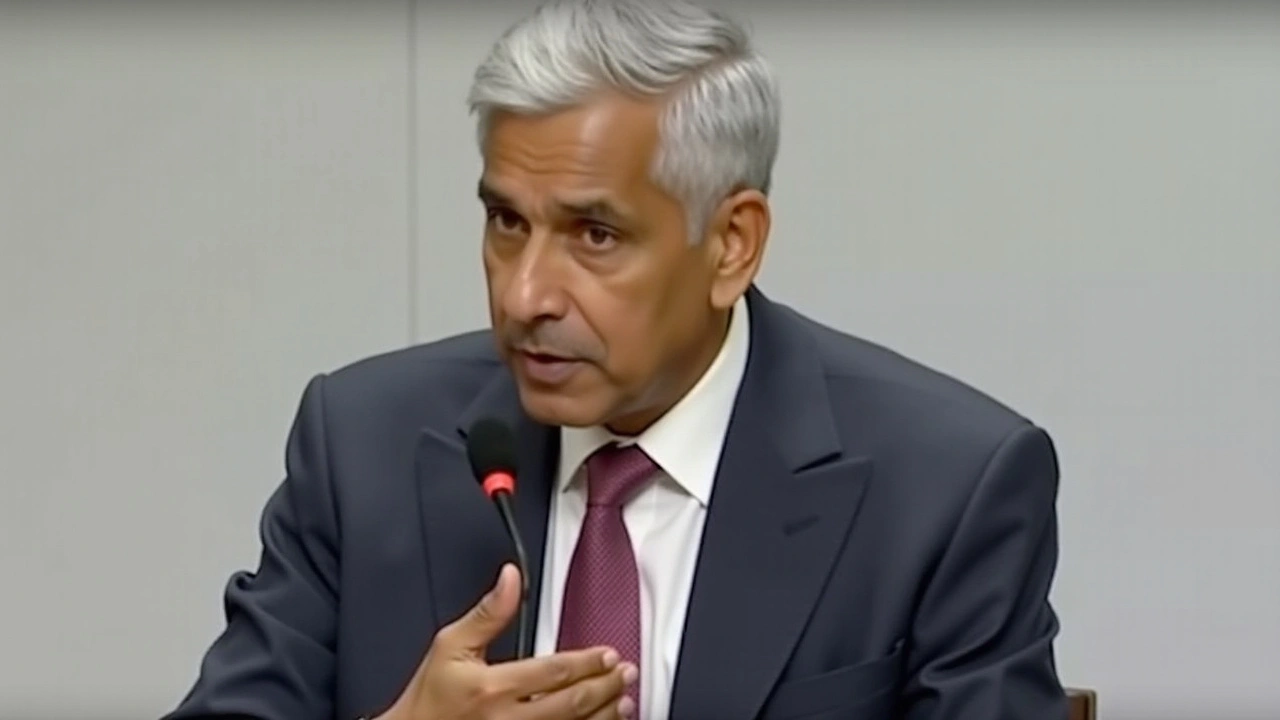What Is De-dollarization and Why It Matters in Africa
De‑dollarization is a big phrase that simply means reducing reliance on the US dollar for buying goods, paying debts or saving money. In many African countries the dollar shows up everywhere – from oil invoices to grocery store prices. Governments and businesses are now looking at ways to use their own currencies or other stable assets instead. The goal? Lower costs, protect against external shocks, and keep more wealth inside the continent.
Why Countries Are Turning Away From the Dollar
One reason is price volatility. When a nation has to pay for imports in dollars, any swing in the exchange rate can make everyday items suddenly expensive. That hits low‑income families hard and fuels inflation. Another driver is political risk – sanctions or policy changes in the US can cut off access to dollar markets overnight. By using local currencies or regional baskets like the African Development Bank’s new “Afri‑Currency,” countries get a buffer against those surprises.
There are also practical benefits. Local currency transactions reduce conversion fees, which can add up to several percent on large trade deals. For small businesses that operate across borders, paying in a common regional token can speed up payments and make bookkeeping easier. Some governments are even encouraging digital currencies backed by reserves as a way to bypass the dollar without losing confidence.
How De-dollarization Impacts You
If de‑dollarization gains steam, you might notice lower prices on imported goods because businesses no longer need to add hefty conversion margins. Savings accounts could start offering better interest rates if banks invest more in local assets instead of dollar‑linked securities. On the flip side, there may be a transition period with mixed pricing – some shops will still quote dollars while others switch to the national currency.
Travelers should also pay attention. When you move between African nations, you’ll likely find more places accepting regional payment apps or local cash instead of demanding dollars. This can make trips cheaper and less stressful, but it also means keeping an eye on exchange rates before you go.
Overall, de‑dollarization is about giving Africa more control over its money story. It won’t happen overnight, but each step toward using homegrown currencies adds resilience to the economy. Keep an eye on policy announcements from your government and watch how local banks adjust their products – those clues will tell you when the shift starts affecting daily life.

BRICS Nations Committed to Stability of US Dollar Despite Potential Tariff Threats
Dec 7, 2024 / 9 Comments
During the Doha Forum, External Affairs Minister S Jaishankar clarified that BRICS countries are not pursuing de-dollarization, countering US President-elect Trump's tariff threats. He noted India's commitment to its trade relationship with the US and dismissed speculations of a BRICS currency. The minister highlighted the strong ties between India's leadership and the US, emphasizing the strategic importance of maintaining a robust bilateral relationship.
READ MORERECENT POSTS
- Extradition of Ace Magashule's Assistant Signals Major Turn in R255 Million Asbestos Scandal Case
- Panama vs. United States: Live Updates, Scores, and Highlights from Copa América 2024 Group C Clash
- Al Nassr Ends Chase for Brighton Star Kaoru Mitoma Amid Firm Stance from Premier League Club
- Swedish Man Shot After Quran-Burning Protest: Tensions Rise
- Everest Blizzard Traps Hundreds During China’s Golden Week, Sparks Massive Rescue
